God or Godzilla?: Oppenheimer and the Dangers of Taking Nuclear Metaphors Too Literally
Some spiritual interpretations of atomic warfare are perfectly valid – others are positively radioactive
Steven TuckerAugust 23, 2023
People Were Not Directly In the Atomic Crosshairs
We can rightly regret the necessity of the bombing of Hiroshima and Nagasaki. But their primary purpose was never the killing of large numbers of civilians.
Marc LiVeccheJune 16, 2023
Land of the Rising Dead, Part One: Warrior Spirits
In Japan, even the dead get a say in how the nation’s war-machine should be run by the living.
Steven TuckerMarch 12, 2023
Britain and the “Real” End of World War II
Last month was the seventy-fifth anniversary of V-J Day—Victory over Japan, August 14, 1945—the official end of World War II. Yet most Britons prefer to celebrate V-E Day—Victory in Europe, May 8, 1945—the defeat of Nazi Germany. Why so?
Saul DavidSeptember 18, 2020
Solving the Nuclear Puzzle: A Review of Lieber and Press’ The Myth of the Nuclear Revolution
Keir A. Lieber and Daryl G. Press argue in “The Myth of the Nuclear Revolution” that the Atomic Age isn’t too different from other ages. Geopolitical rivalries, arms races, military doctrines, stalemates, and much else are still the same.
Robert JoustraSeptember 1, 2020
The Christian as Citizen, Remembering Hiroshima and Nagasaki
The reclamation of a two-kingdom theology is a first step toward more careful and responsible thinking about issues such as Harry Truman’s decision to bomb Hiroshima and Nagasaki.
Dean C. CurryAugust 5, 2020
Lighten Up, Francis
Pope Francis visited Hiroshima and Nagasaki this weekend. In both locations, he lamented the horrors and immorality of nuclear weapons. He got the horror right, not much else.
Marc LiVeccheNovember 25, 2019
The Problem of Post Hoc Ethics
But what struck me about reading The Most Controversial Decision is how we now superimpose our judgments on Truman’s decision post hoc, and we do this with great zeal, certainty, and righteous superiority.
Andrew T. WalkerAugust 6, 2019
Moral Horror: Christian Ethics & Hiroshima
The attack on Hiroshima was a moral horror but not a moral wrong. As such, it reveals important committments that ought to guide Christian moral reasoning.
Marc LiVeccheAugust 24, 2018
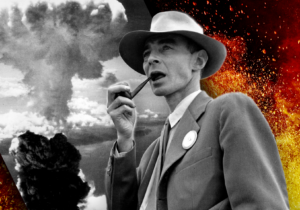
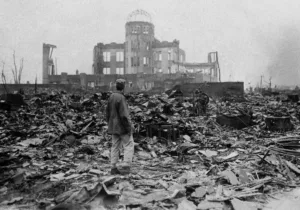

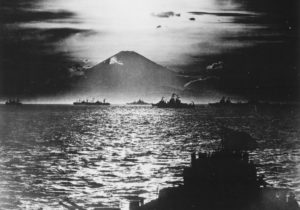


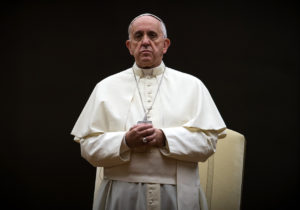
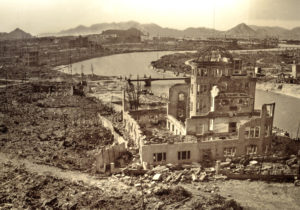
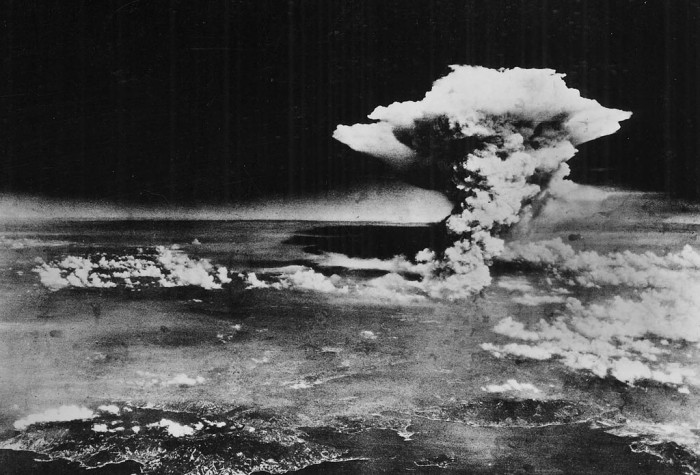

 Sponsor a student for Christianity & National Security 2024
Sponsor a student for Christianity & National Security 2024